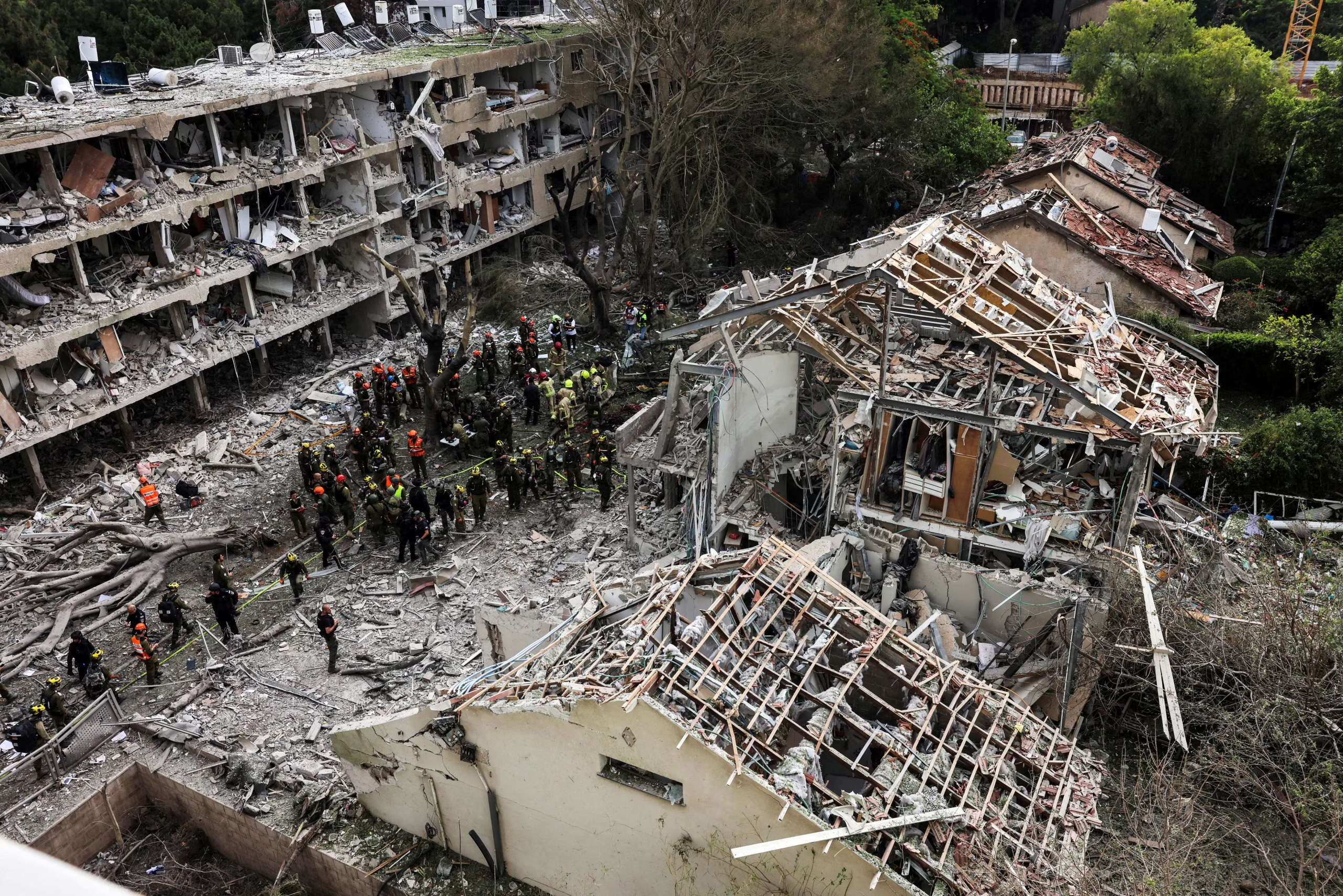As of mid-2025, regional dynamics in the Middle East continue to present challenges to peace, diplomacy, and stability. Verified updates from international sources indicate rising tensions in parts of the region, including security concerns that affect both national defense and regional cooperation efforts.
This article provides a fact-based overview of the evolving situation, focusing on established sources and avoiding unverified or speculative claims. It is intended for readers seeking context and understanding of current events through a balanced, respectful lens.
Regional Security Overview: 2025
For decades, the Middle East has experienced a complex web of geopolitical relationships and security considerations. In recent months, various regions—including Israel and its neighboring areas—have seen a rise in military readiness and border-related concerns. According to BBC News and Reuters, national defense forces in multiple countries have issued public statements related to preparedness and coordination.
Israel, in particular, has reported increased security protocols and heightened defense postures in response to evolving risks. Government officials have emphasized the importance of public calm and reaffirmed the country’s commitment to safeguarding civilian areas through defensive measures.

The Role of Diplomacy and Defense
According to recent coverage by The New York Times and Al Jazeera, regional tensions often stem from long-standing disagreements involving territory, political governance, and non-state actors. Diplomatic engagement remains an essential component of managing these disputes, and international observers have urged all parties to prioritize dialogue over escalation.
In a 2025 briefing, the United Nations Secretary-General reiterated the need for restraint, humanitarian access, and cooperation across borders. This echoes similar calls from the European Union and the United States Department of State, which continue to promote conflict de-escalation through multilateral diplomacy.
Security Responses and Civilian Impact
Where tensions have increased, national governments have adopted a range of responses, from enhanced surveillance to updated travel advisories. Civilian safety remains a top priority, and many regions are working in coordination with international humanitarian organizations to support at-risk populations.
The International Red Cross and Médecins Sans Frontières (Doctors Without Borders) have both released updates on their activities, emphasizing the importance of continued humanitarian corridors and medical assistance where needed.

Regional Impact and Economic Considerations
Security developments in one part of the Middle East often have broader implications for the region and beyond. Economic experts note that heightened tensions can impact trade routes, energy prices, and regional investment. According to The Economist, sustained instability may also affect humanitarian aid distribution and cross-border cooperation.
At the same time, efforts toward stability—such as peace dialogues, arms control discussions, and confidence-building measures—have the potential to mitigate long-term disruption. Regional think tanks and civil society organizations have emphasized the importance of inclusive dialogue involving both governmental and non-governmental voices.
Prospects for Peace and International Support
Despite challenges, several peacebuilding initiatives continue to operate in the region. Programs supported by the United Nations, European diplomatic bodies, and regional interfaith networks aim to address the underlying causes of conflict and foster mutual understanding.
Among their priorities:
-
Supporting local peace dialogues
-
Facilitating humanitarian access
-
Encouraging inclusive education and civil society participation
-
Promoting transparent media reporting to counter misinformation
These initiatives, though complex, represent vital avenues for long-term progress and reconciliation.

The Role of Global Engagement
The international community plays a vital role in supporting peace and development across the Middle East. Key areas of engagement include:
-
Diplomacy: Ongoing communication between regional leaders and international partners
-
Humanitarian Aid: Supporting displaced communities, refugees, and civilians affected by conflict
-
Information Integrity: Combating disinformation through responsible journalism and fact-based reporting
-
Economic Development: Encouraging trade stability and reconstruction efforts
Multilateral cooperation has proven to be most effective when rooted in mutual respect, nonviolence, and inclusive participation.
Final Thoughts
As of June 2025, the situation in parts of the Middle East—including Israel and surrounding regions—remains fluid. While confirmed details about specific events are limited, regional stakeholders and international partners continue to advocate for peaceful solutions and measured responses.
Readers are encouraged to stay informed through verified news organizations and official statements from international bodies such as the United Nations, BBC News, Reuters, and The International Crisis Group.
Understanding the broader context—and avoiding assumptions based on unverified information—is essential to promoting peace, empathy, and constructive global dialogue.
Trusted Sources for Updates:
-
United Nations – Newsroom
-
BBC News – Middle East
-
Reuters – World News
-
Al Jazeera – Middle East
-
The International Red Cross
